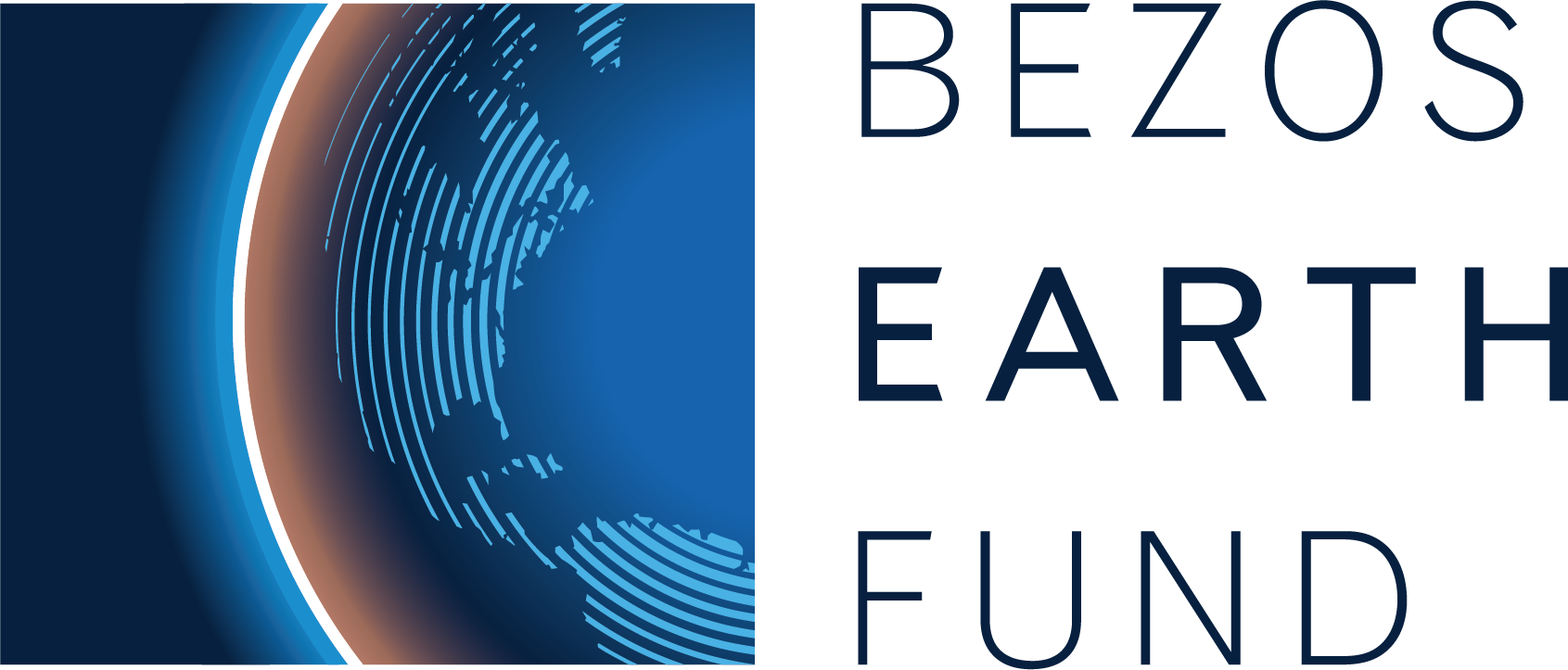The Voluntary Carbon Market Explained
What is the voluntary carbon market?
The voluntary carbon market (VCM) is a decentralised market where private actors voluntarily buy and sell carbon credits that represent removals or reductions of greenhouse gases (GHGs) in the atmosphere.
High-integrity carbon credits can unlock urgently needed finance that would not otherwise be available to reduce and remove billions of tonnes of emissions.
The VCM enables companies to invest in high-integrity carbon credits now to accelerate climate mitigation beyond their value chain. While companies’ priority must be to decarbonise their own value chains, the VCM provides a way for them to take responsibility for emissions they can’t yet cut. High-integrity carbon credits allow them to go further, providing finance to critical climate mitigation activities that would not otherwise be viable.
Each carbon credit represents one metric tonne of carbon dioxide reduced or removed from the atmosphere.

Why the voluntary market is important
The world is heading for 2.6°C of warming by 2100. We need every tool available working at full speed to limit warming to 1.5°C. National climate plans fall far short of the action needed to limit global warming and meet the goals of the UN Paris Agreement. Governments and philanthropy cannot finance the transition at the speed and scale required. Mobilising private capital is critical to channel investment towards the economic transformation needed to limit warming to 1.5°C.
A high-integrity VCM is an important complementary tool to mobilise crucial, additional funds and channel them efficiently towards the most impactful, cost-effective climate mitigation activities globally at speed and scale. But the voluntary carbon market will only deliver on its promise if it is rooted in high integrity.
How the Integrity Council will help improve the VCM
A key problem currently facing the voluntary carbon market arises from the lack of consistency and clarity. By definition, the VCM is driven by voluntary, private initiatives and not regulated by governments or financial authorities. But unregulated should not mean fragmented or opaque, and it certainly should not limit the potential of the market to contribute as fully as possible to securing a liveable future for the planet and everyone on it.
That is why, in designing an effective market that can deliver genuine climate impact at speed and scale, we need to start with integrity. Integrity is a precondition for a transparent, deep, liquid, standardised and scalable market that efficiently channels capital to where it is most urgently needed. Markets and integrity have to go hand in hand.
The Integrity Council aims to create a high-integrity, scalable voluntary carbon market that can access capital by applying familiar principles from regulated capital markets. Our Core Carbon Principles (CCPs) establish a global benchmark for high-integrity and are similar to standards set by financial regulators.
The ultimate purpose of our CCPs and Assessment Framework is to provide a credible, rigorous, and readily accessible means of identifying high-quality carbon credits that create real, additional and verifiable climate impact with high environmental and social integrity.
This is particularly critical for developing countries who continue to be the most severely affected by accelerating climate change despite having contributed the least to the problem.

Frequently Asked Questions
Discover the answers to our most frequently asked questions in our Knowledge Base.






